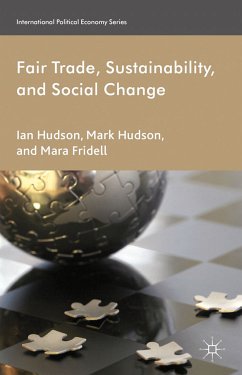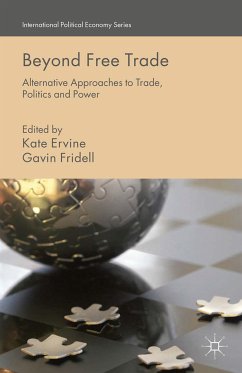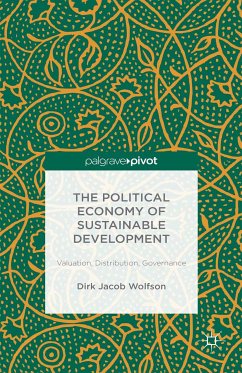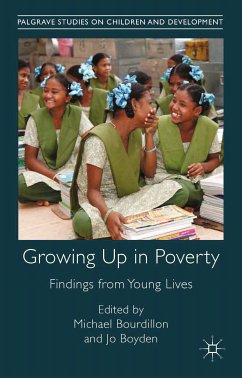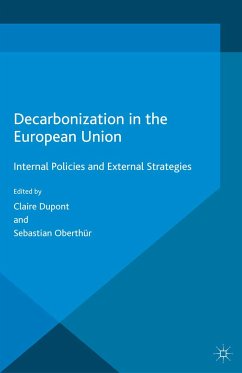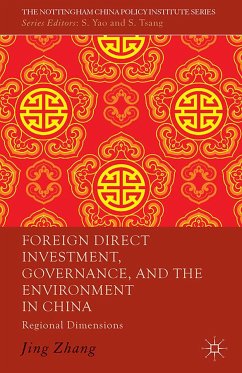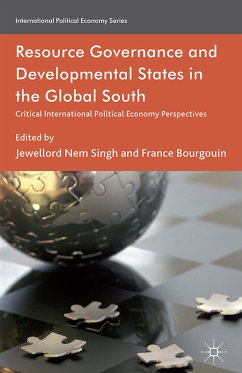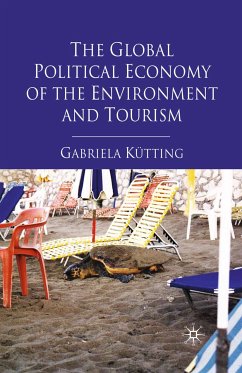Dieser Download kann aus rechtlichen Gründen nur mit Rechnungsadresse in A, B, BG, CY, CZ, D, DK, EW, E, FIN, F, GR, HR, H, IRL, I, LT, L, LR, M, NL, PL, P, R, S, SLO, SK ausgeliefert werden.
'This book blows the lid off populist ideas that fair trade is necessarily a poverty busting strategy for coffee producers in the Global South. Theoretically rigorous and empirically rich the book explores how fair trade does have within it a deeply transformative potential. Yet for this to be realised it needs to go well beyond the rhetoric of the need for social and economic justice. The authors show that for fairtrade to deliver on its slogans of justice and a fairer trade regimes it needs to 'dissolve the cornerstone of capitalist society: the fetishism of commodities'. Capitalism itself needs to be transformed. This is an essential text for students and activists who want to know what the strengths and limitations are of fair trade.' - Ray Bush, University of Leeds, UK

